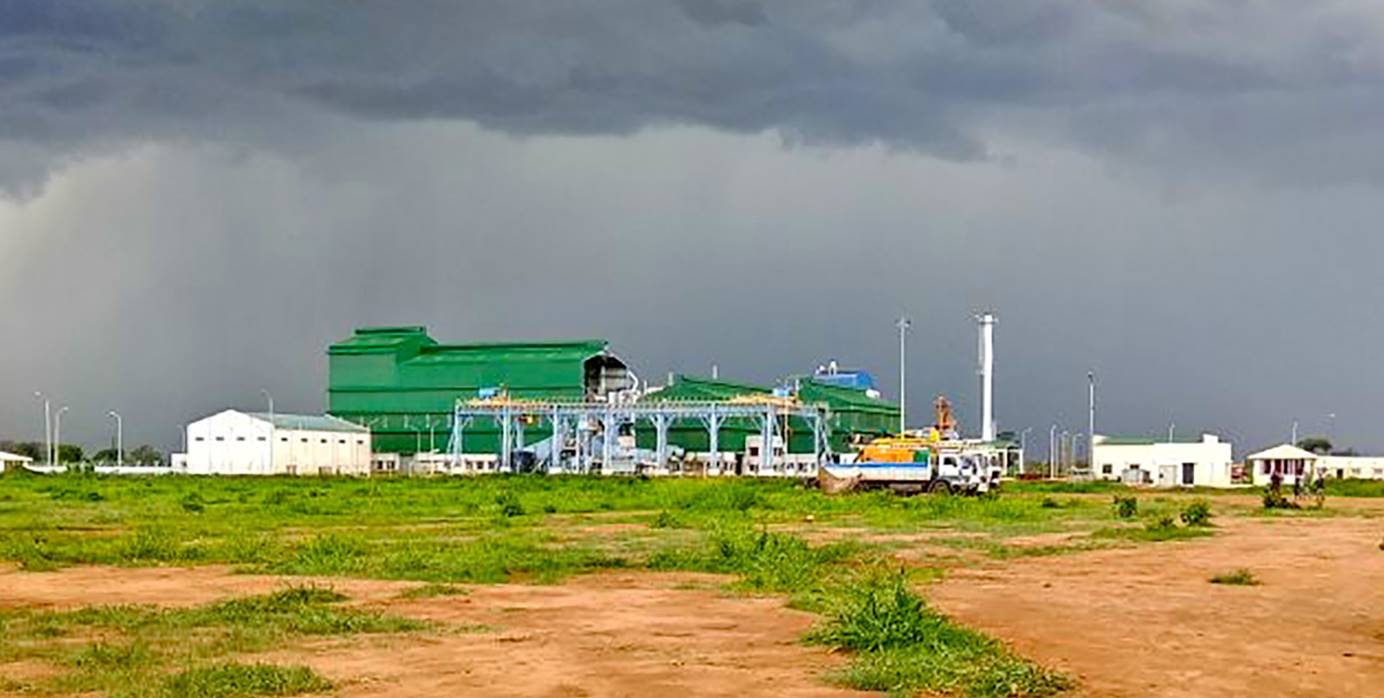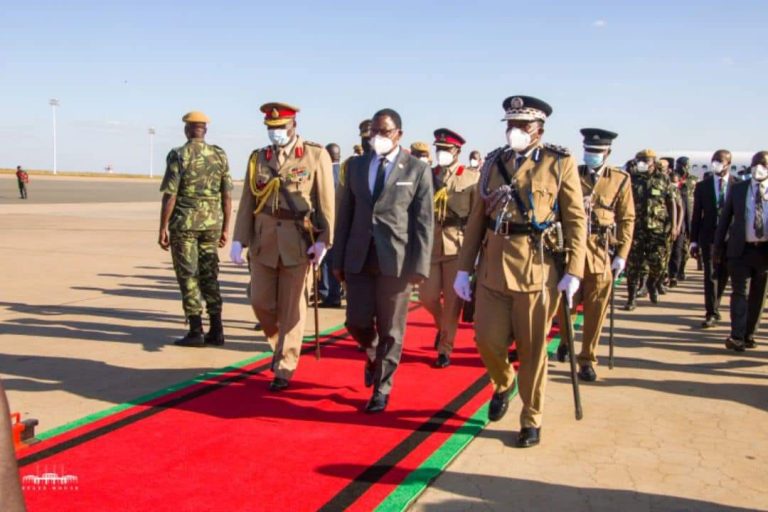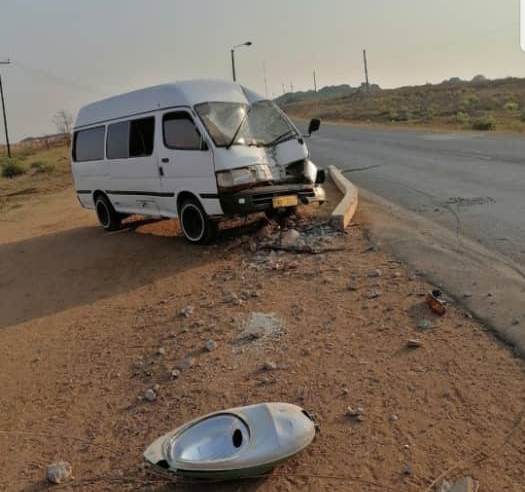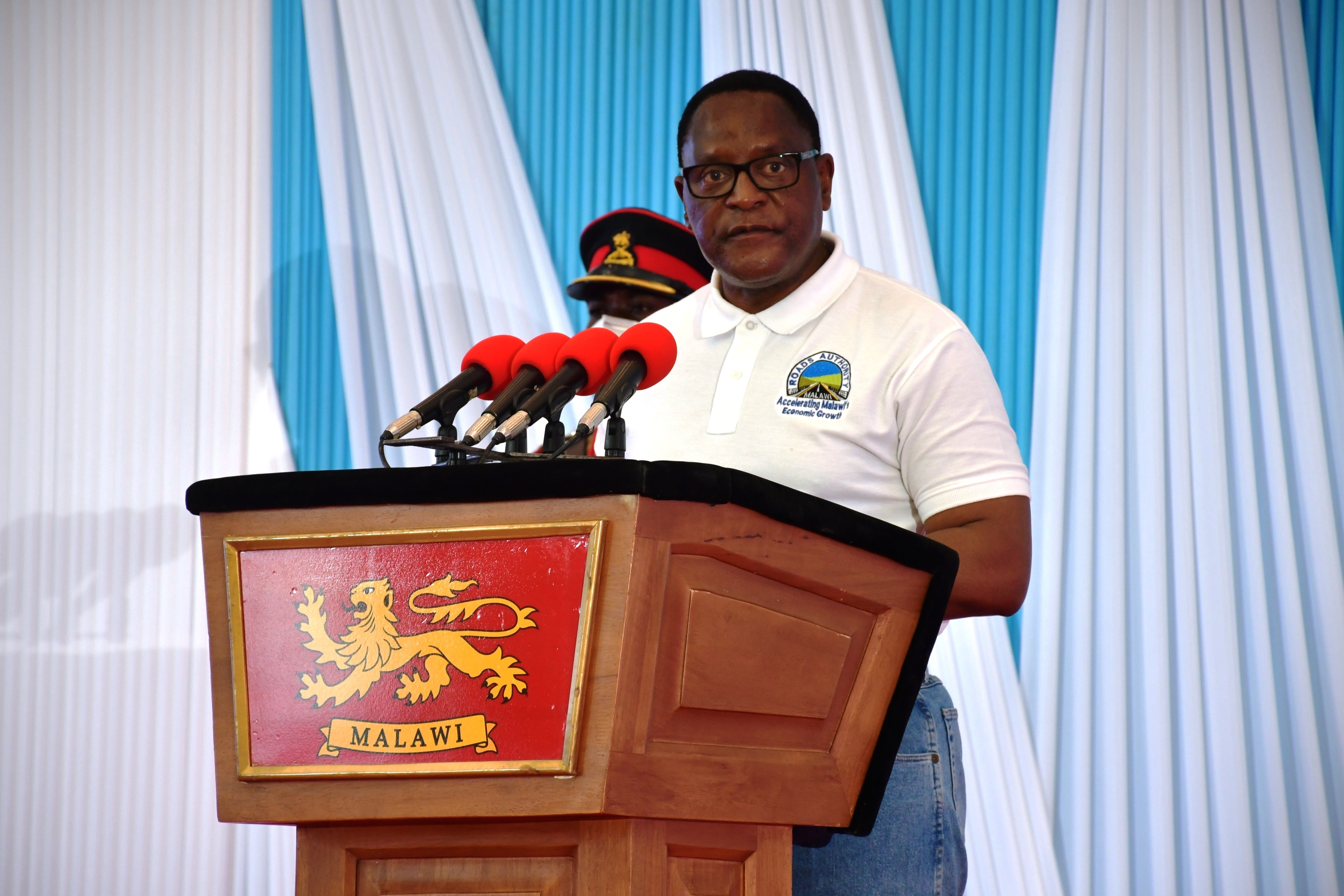BY JOSEPHINE CHINELE, WASHINGTON DC, USA
Malawi Government has been engaging bilateral creditors to provide financial assurances to help in Malawi’s debt restructuring and securing another International Monetary Fund (IMF’s) External Credit Facility (ECF) loan to address the current economic woes.
The donor dependent-Malawi is one of the developing nations in debt distress but in dire financial hitches characterised by acute foreign exchange shortages and a high cost of living.
In May 2022, Malawi had a 25 per cent currency devaluation. Last year, the IMF approved a loan of $88.3 million for Malawi to address its food crisis under the IMF’s Food Shock Window programme, which seeks to provide emergency funding to countries suffering from an acute cost of living crisis.
Malawi Minister of Finance, Sosten Gwengwe, is frustrated with Malawi’s debt distress status.
“It’s frustrating because instead of the money going to public services such as water, energy, medicines among others, the country is servicing debts…. It’s frustrating to be caught up in this debt cycle,” he told PIJ alongside the ongoing IMF and World Bank Spring meetings currently underway in Washington, DC, United States of America.
Gwengwe said should the IMF be convinced by the bilateral creditors’ assurances, the IMF has the power to give a green light to the World Bank and the European Union to support Malawi. The two are ready to support Malawi with $70 million and $350 million respectively.
So far, Gwengwe said, Malawi has already engaged the Trade and Development Bank, and it is also meeting Africa Exim Bank today on the same agenda. Malawi has also been engaging China on the same, as the IMF wants assurances from all Malawi’s creditors.
“Of course, it’s a bit of a long process. Other countries like Zambia started this process two years before us, but they are yet to complete the process,” he said.
Malawi’s national budget is haunted by debt repayment. In the 2022/23 national budget, Gwengwe said, K914 billion was spent on repaying debt. In the current and just passed 2023/24 national budget, K1.3 trillion is allocated to debt servicing.
According to the IMF, Malawi’s outstanding purchases and loans as of March 2023 is at $326.62 Million.
Debt Cancellation Calls
Early this month, Action Aid International, an international Non-Governmental Organisation working against poverty and injustice, called for the cancellation of debts for countries facing the double impact of debt distress and the devastating impact of climate change.
“With countries forced to pay back their debts to the World Bank, IMF and private banks before spending on anything else… there are worrying questions about how these countries are affording to rebuild, adapt and mitigate against frequent and intensifying climate disasters,” reads part of the findings for the Action Aid report titled: The Vicious circle-connections between debt and climate crisis.
Action Aid International, Global Lead on Economic Justice, Roos Saalbrink said the organisation is calling for complete debt cancellation because this will help distressed countries (like Malawi) to shape their struggling economies and increase funding for public services such as health.
Saalbrink expressed the need for lending institutions to change structural procedures to make poor countries in a realistic position to repay the loans.
“Low-income countries have been subjected to loan conditions they have had no say on,” she told PIJ.
Saalbrink added: “As developing countries may be thinking about debt cancellation, it’s also important for them to consider adopting full budgetary transparency and accountability.”
Misty Hope
Malawi is one of the countries qualifying for debt-relief under the Heavily Indebted Poor Countries (HIPC) Initiative.

The World Bank, IMF, and other multilateral, bilateral and commercial creditors designed this program to ensure that the poorest countries in the world are not overwhelmed by unmanageable or unsustainable debt burdens. It reduces the debt of countries meeting strict criteria.
However, since 2020, there has been no political will for the HIPC initiative at large. It is an uphill task for individual countries to negotiate debt relief.








